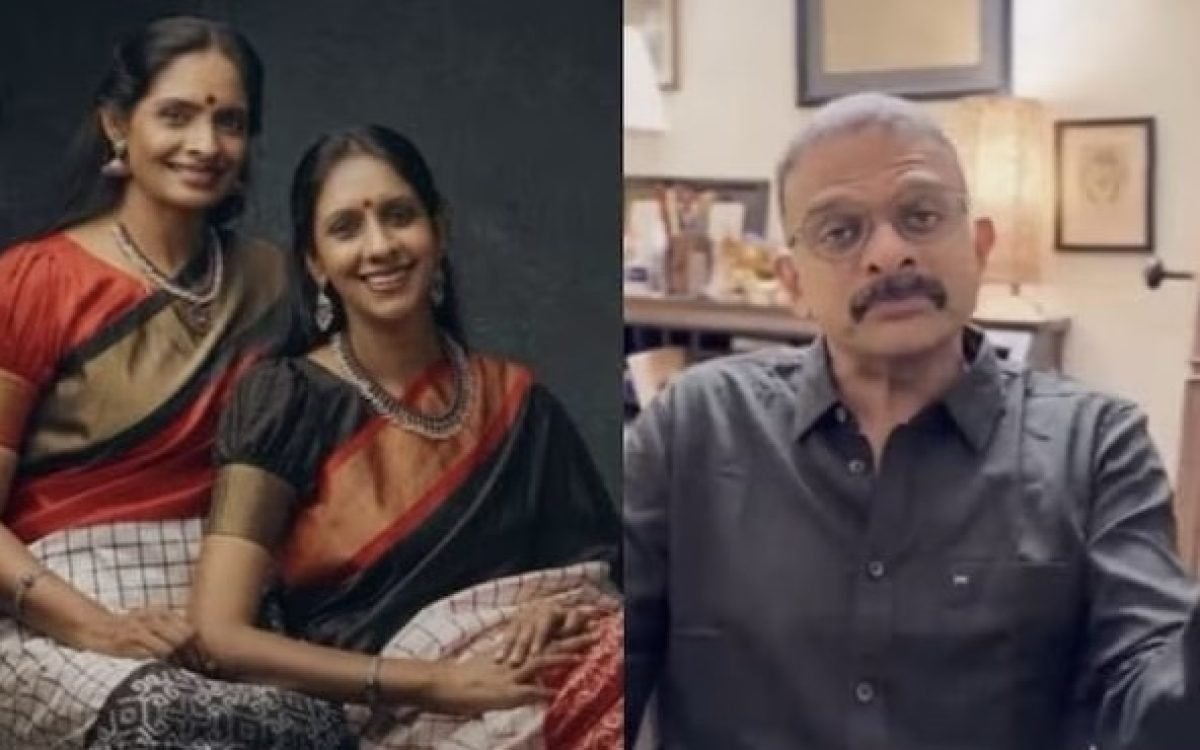In the midst of escalating tensions surrounding the Madras Music Academy’s decision to honor singer TM Krishna with the prestigious Sangita Kalanidhi award, Carnatic music stalwarts Ranjani and Gayatri have stepped forward to clarify their withdrawal from the Music Academy Conference 2024. The controversy, which has sparked a debate on institutional integrity and representation within the Carnatic music community, highlights the complexities of tradition and social responsibility in the cultural landscape.
Ranjani and Gayatri’s decision to withdraw from the conference came in response to the Academy’s announcement of TM Krishna as the recipient of the Sangita Kalanidhi award. However, their withdrawal was not an attempt to challenge the Academy’s prerogative but rather a personal decision, as they explained in a letter addressed to the Academy.
The letter, penned by N Murali, the chief of the Madras Music Academy, criticized Ranjani and Gayatri’s withdrawal, accusing them of making “unwarranted and slanderous assertions” in their communication. In response, Ranjani and Gayatri clarified that their letter was solely intended to inform the Academy of their decision and did not seek any explanation regarding the award.
Taking to social media, Ranjani and Gayatri expressed disappointment with the Academy’s response, alleging an attempt to construct a “convenient narrative” and cast aspersions on them. They also raised concerns about media involvement, particularly highlighting the alleged role of N. Ram as an undeclared spokesperson for the Academy.
Despite the contentious nature of the dispute, Ranjani and Gayatri reiterated their profound respect for the Madras Music Academy as an institution. They emphasized their vision for greater diversity and inclusivity within the Carnatic music community, hoping for a future where performers from underprivileged communities can thrive on its esteemed stage.
As the controversy continues to unfold, it underscores the ongoing dialogue surrounding tradition, innovation, and social responsibility in classical music institutions. Ranjani and Gayatri’s clarifications serve as a reminder of the complexities inherent in navigating cultural heritage and contemporary values within the arts.









